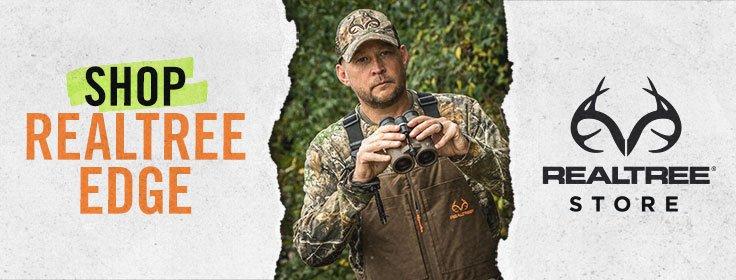If baiting is legal near you, give these tips and tactics a try
Baiting deer is a controversial topic among hunters. In some states, it's part of the hunting tradition. In others, it's long been illegal. Even where baiting is allowed, there are usually strict guidelines on how it can and can't be done. Some common restrictions regulate:
- Animals that can or can't be baited.
- Amount of bait allowed out at once.
- How close to the bait you can hunt.
- Times you can and can't bait deer.
- Types of bait that are permitted.
Furthermore, in most areas that are CWD positive, it's illegal to feed or bait deer with anything. It's also illegal in areas with known pockets of other deer-to-deer diseases. If you're in such areas (or near them), don't feed deer ‚ even if it's still legal. The risk of spreading disease is too great.
It's your responsibility to know the legalities of baiting in your area, and the possible health implications of feeding deer in concentrated areas. Be smart about it. Do your research. Understand there are situations when you shouldn't put out bait. But also, there are situations when baiting can help you fill a tag. If you decide to try it, here are eight things that work pretty well for baiting deer.
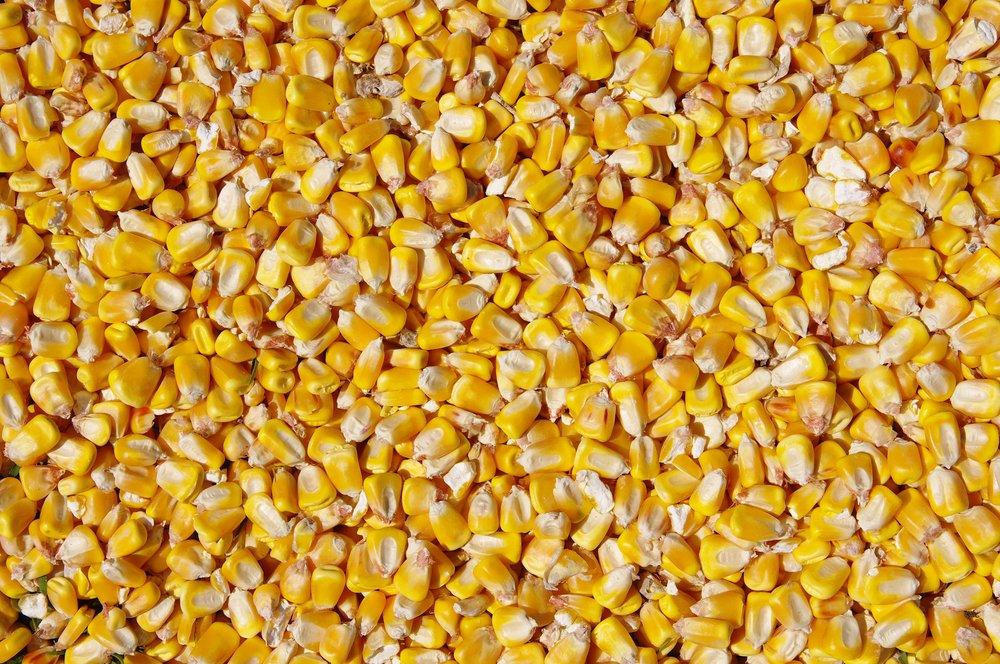
No type of bait is used more often than that of shelled corn. It's extremely common and fills the bellies of more whitetails around the country than likely all other baits combined. I obviously don't have research on that. But, if I was a betting man, I'd lay down some money on that wager.
(Don't Miss: 10 Things You Didn't Know About Velvet Bucks)
Photo Credit: Shutterstock / Isabel
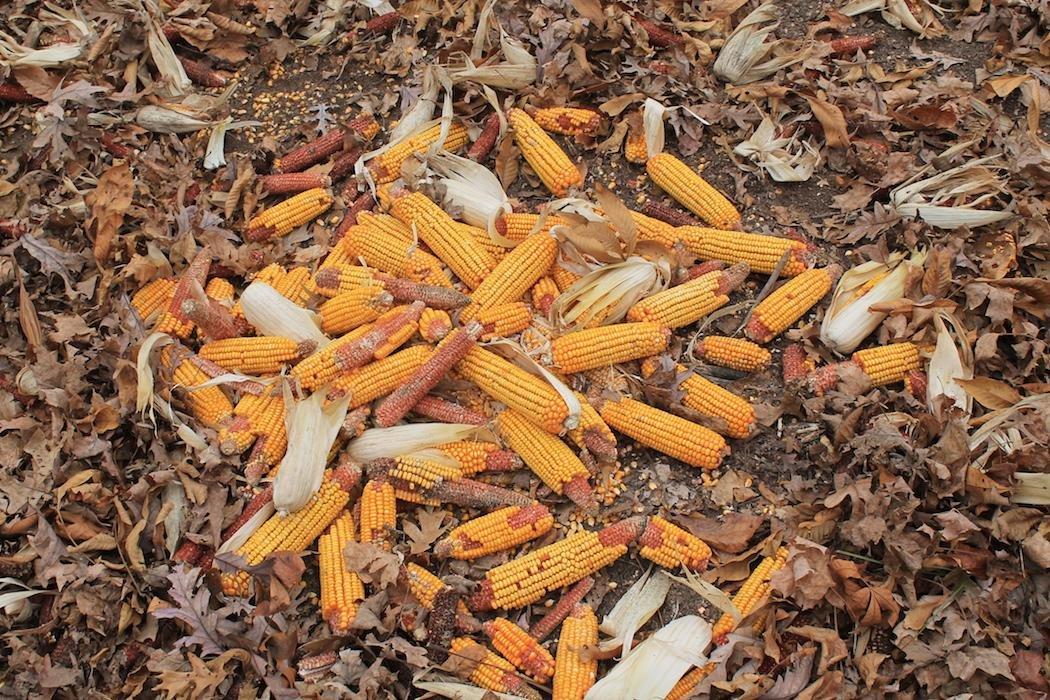
Some hunters prefer using ear corn over shelled corn for bait because it can take deer longer to clean it up. Truck-bed loads of ear corn are purchased every fall to feed the deer that hunters are chasing.
Photo Credit: Josh Honeycutt
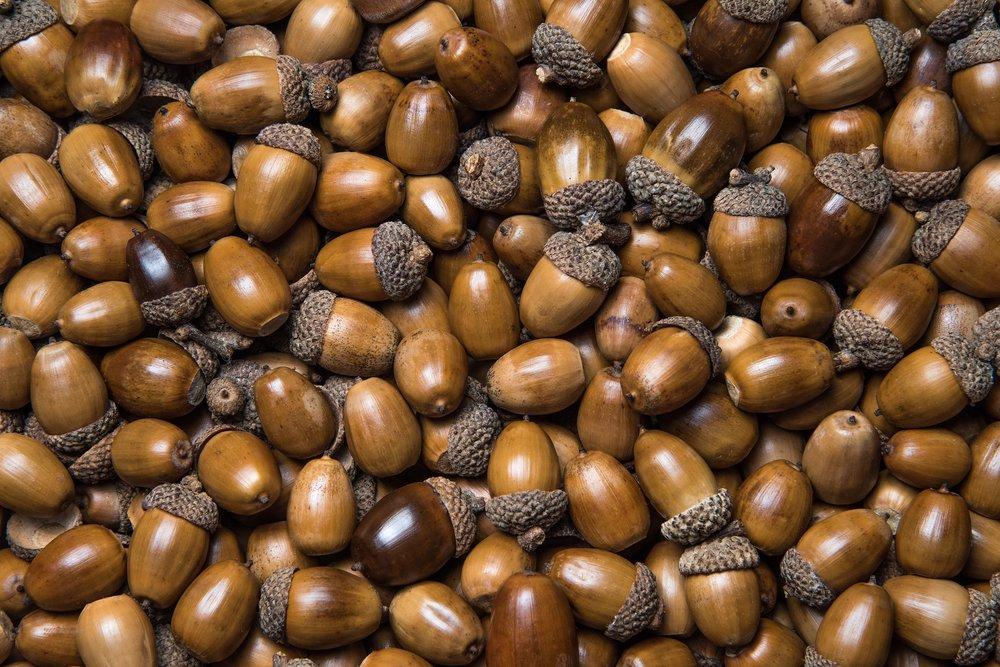
The natural bait. This one takes a little more effort, but it's technically free bait. Simply go out with a big bucket, put on some gloves, and start picking up acorns. Fill the bucket. Dump the bucket out where you want the bait. And voila.
(Don't Miss: Is a Trail Camera Ban Coming to a State Near You?)
Photo Credit: Shutterstock / Wayne
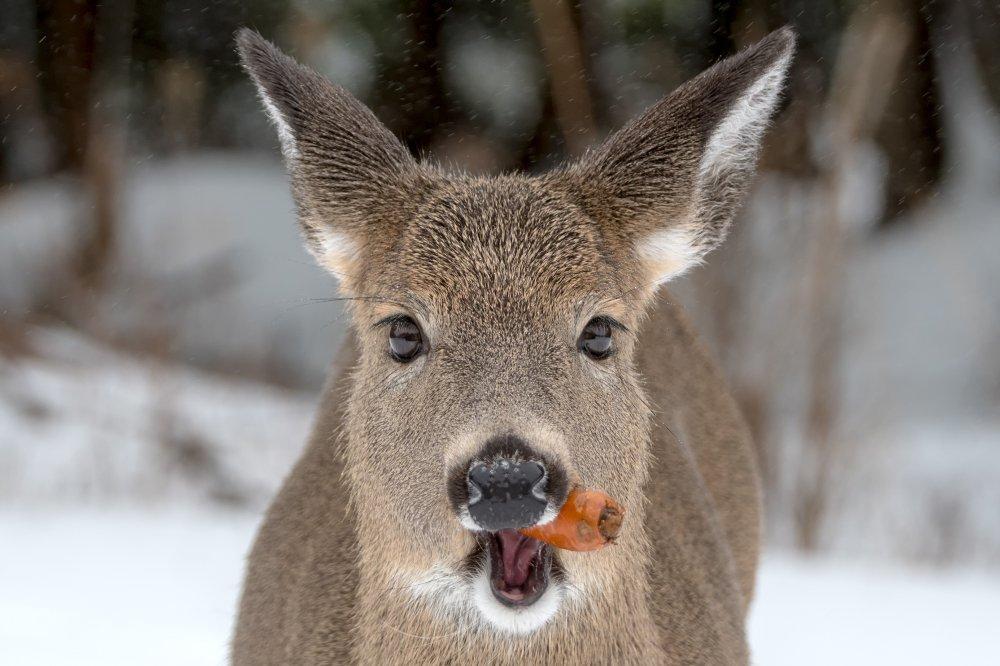
Deer love the garden patch. Carrots, sweet potatoes, and green beans. The whole gamut. Deer eat them all. Just think of all the garden growers who gripe about deer each year. If you have access to garden produce no one wants, use it for bait. It's that easy.
Photo Credit: Shutterstock / Doug McLean
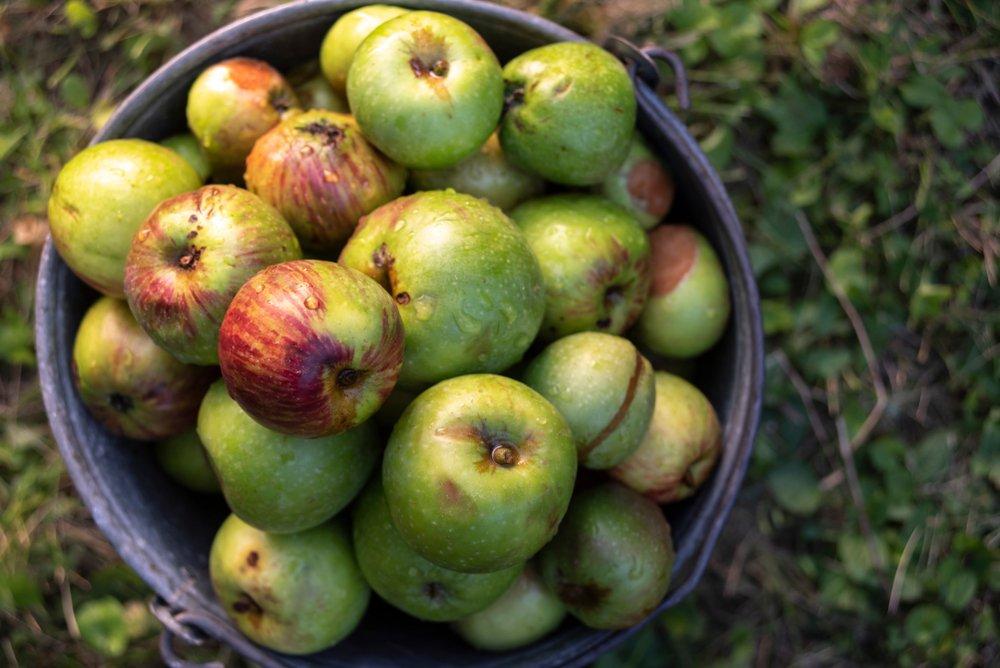
Deer love apples and will travel long distances to get to an apple tree. I know this because I've hunted around them. Have access to an old orchard? Get a few buckets or baskets and get to picking.
(Don't Miss: 10 Amazing Facts About Velvet Antlers)
Photo Credit: Shutterstock / Pawle
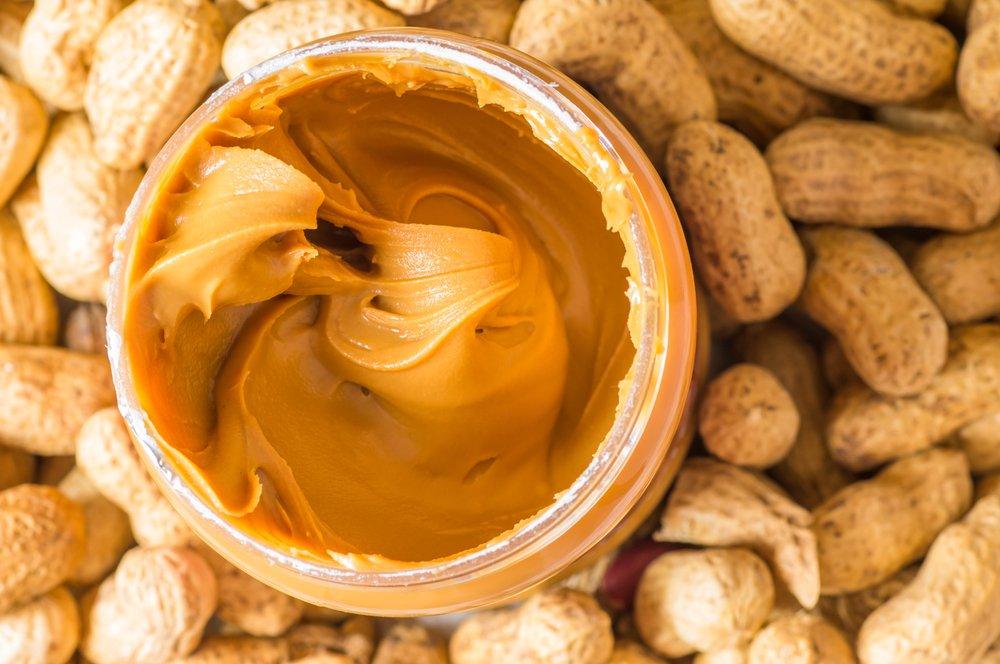
Everybody and their brother has screwed a peanut butter jar top to a tree, cut the bottom out of the jar of peanut butter, and then screwed it back on the lid. Deer eat it up. Where baiting is legal, peanut butter is a prime method for attracting deer.
Photo Credit: Shutterstock / Siber
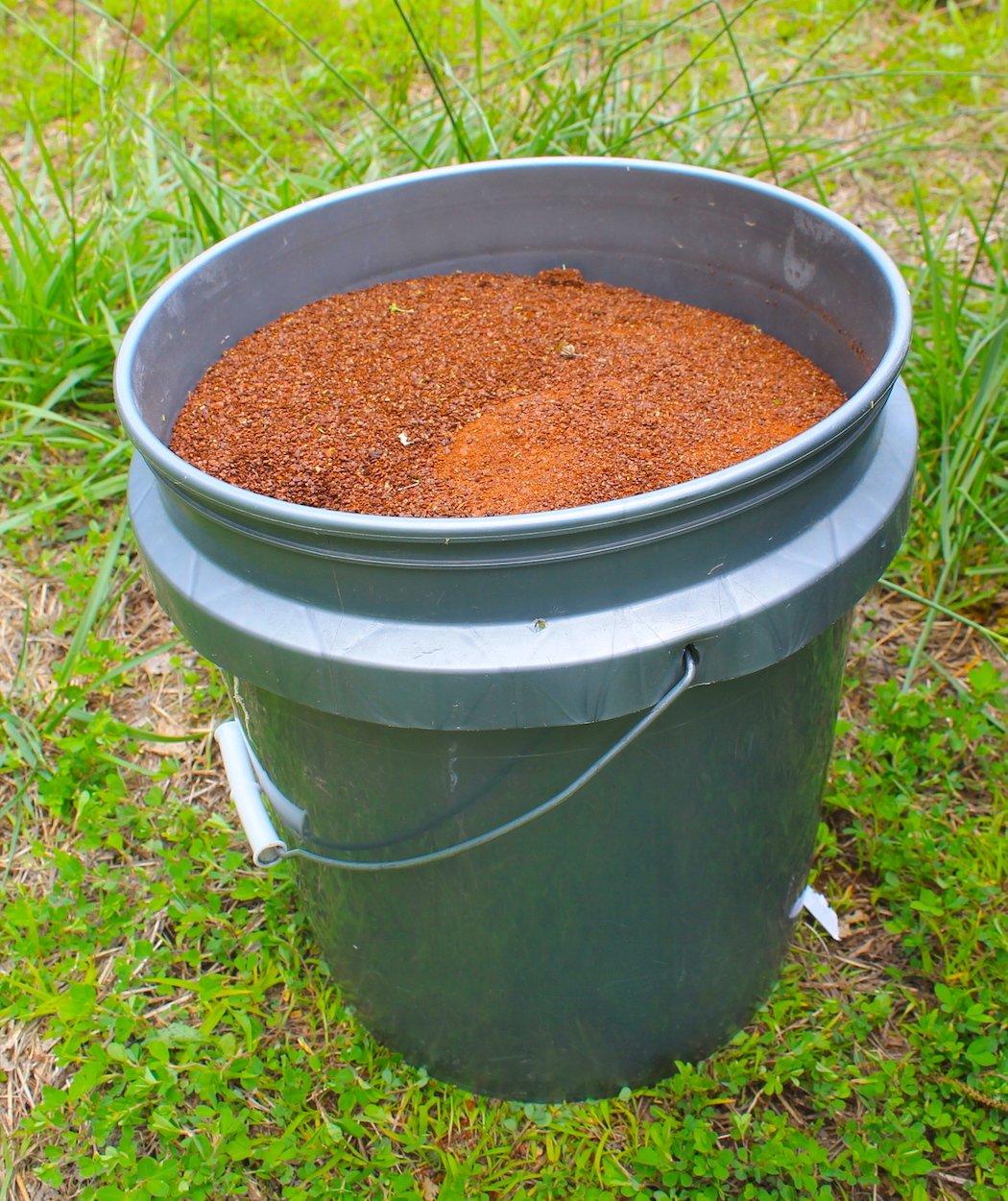
Salt is a great year-round attractant. Use either blocks or loose salt to keep salt and mineral sites fresh. Deer flock to mineral salt mixes, too. Personally, I make my own. It includes trace mineral, di-calcium phosphate, and dry molasses. Come up with your own mix, use this one, or buy something at the store. But if you want to attract deer and help the herd at the same time, use mineral mixes to accomplish that.
(Don't Miss: Don't Let a Dead Deer Kill You)
Photo Credit: Josh Honeycutt
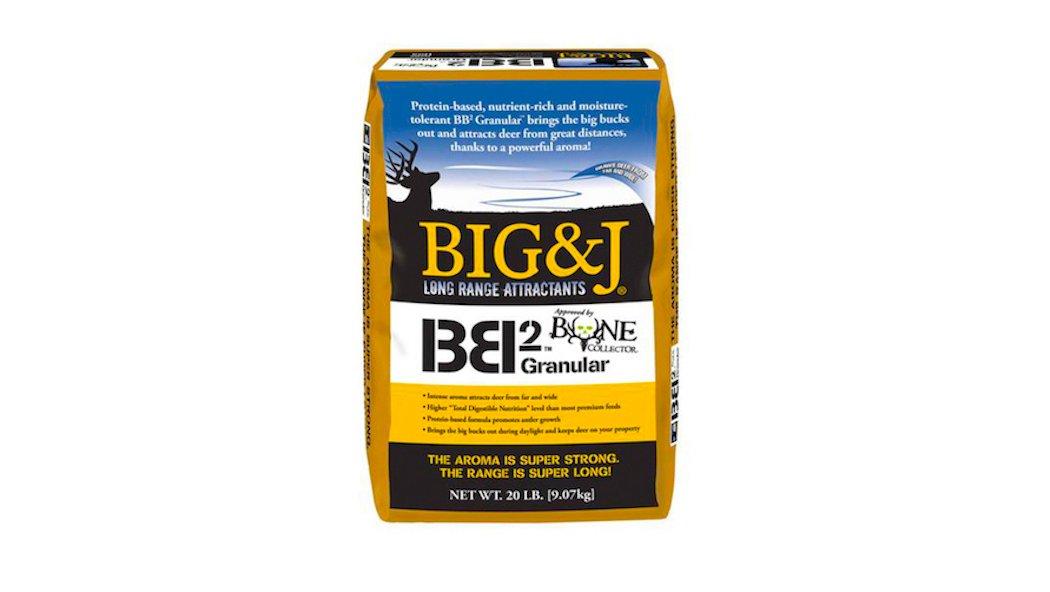
Don't overlook store-bought attractants. You can find quality feed and mineral in your local hunting store outlet. Big&J, among others, have great nutritional options available for attracting deer. Big&J currently offers several healthy products, including: BB2, Legit, Headrush, cubes, and much more.
Photo Credit: Josh Honeycutt
Don't Miss: How to Bait Big Game

